A sphenopalatine ganglion (SPG) block is a treatment used for migraines, headaches and other facial pains. The aim of the treatment is to stop the pain via a local anaesthetic applied to the SPG. Sphenopalatine ganglion blocks are suitable for short and long-term management of pain and discomfort.
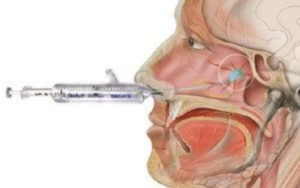
The SPG is a small group of nerve cells found behind the nose and is responsible for sending signals of pain from the head and face to the central nervous system (CNS). The SPG is linked to the trigeminal nerve, which is the main nerve responsible for headaches.
The SPG has both autonomic and sensory nerves. Autonomic nerves are related to involuntary movements and systems in the body, such as your heart beating or the process of digestion. Sensory nerves are responsible for relaying external information to the CNS, such as perception of pain.
Sphenopalatine ganglion blocks are a popular means of treatment for headaches as the low concentration anaesthetic provided blocks the sensory fibres while still enabling the autonomic functions of the nerve.
What is the sphenopalatine ganglion block treatment?
For the procedure, you will be lying down comfortably with your head tilted slightly backwards.
The treatment involves an anaesthetic soaked cotton tip-applicator inserted through your nasal passage and applied to the SPG.
Once the anaesthetic is applied, the applicator remains inside your nose for a short period in order to let the anaesthetic have full effect. Then, the applicator is gently removed.
There are risks with every procedure; however the ones associated with an SPG block are very low. The most likely side effects are a numbness of the throat from the anaesthetic, causing a bitter taste in the mouth. More potential side effects are nosebleeds and a light headache; however, that light headache should disappear in under an hour. Known allergies to local anaesthetics should be communicated with the doctor upon consultation.
Does the treatment suit me?
If you experience migraines, headaches or facial pains and they aren’t responding well to your current medication, a sphenopalatine ganglion block could be the right treatment for you. SPG blocks have been used by doctors to treat pain for decades.
If you have any questions regarding a sphenopalatine ganglion block, do not hesitate to get in contact with me.
This article is intended to inform and give insight but not treat, diagnose or replace the advice of a doctor. Always seek medical advice with any questions regarding a medical condition
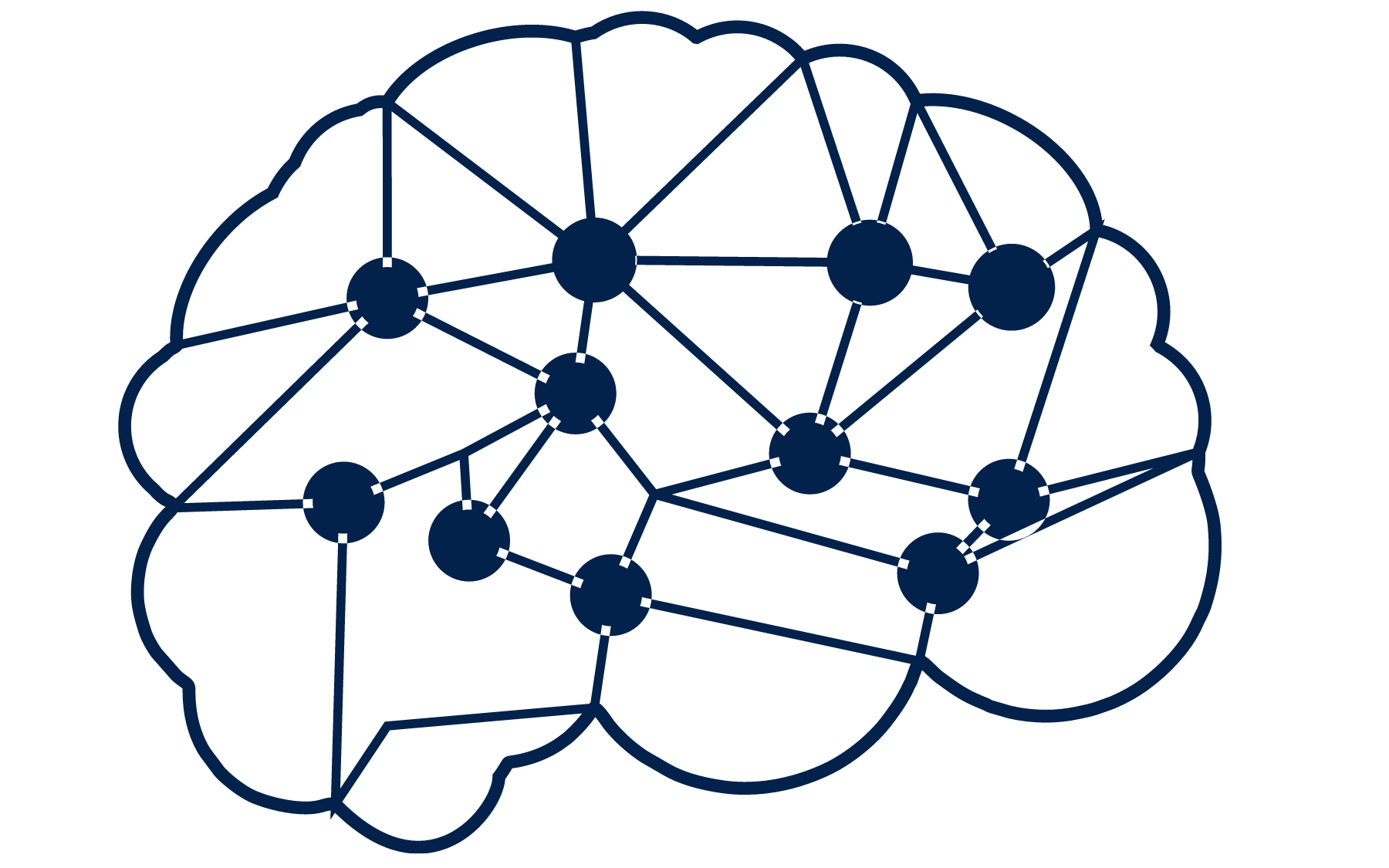
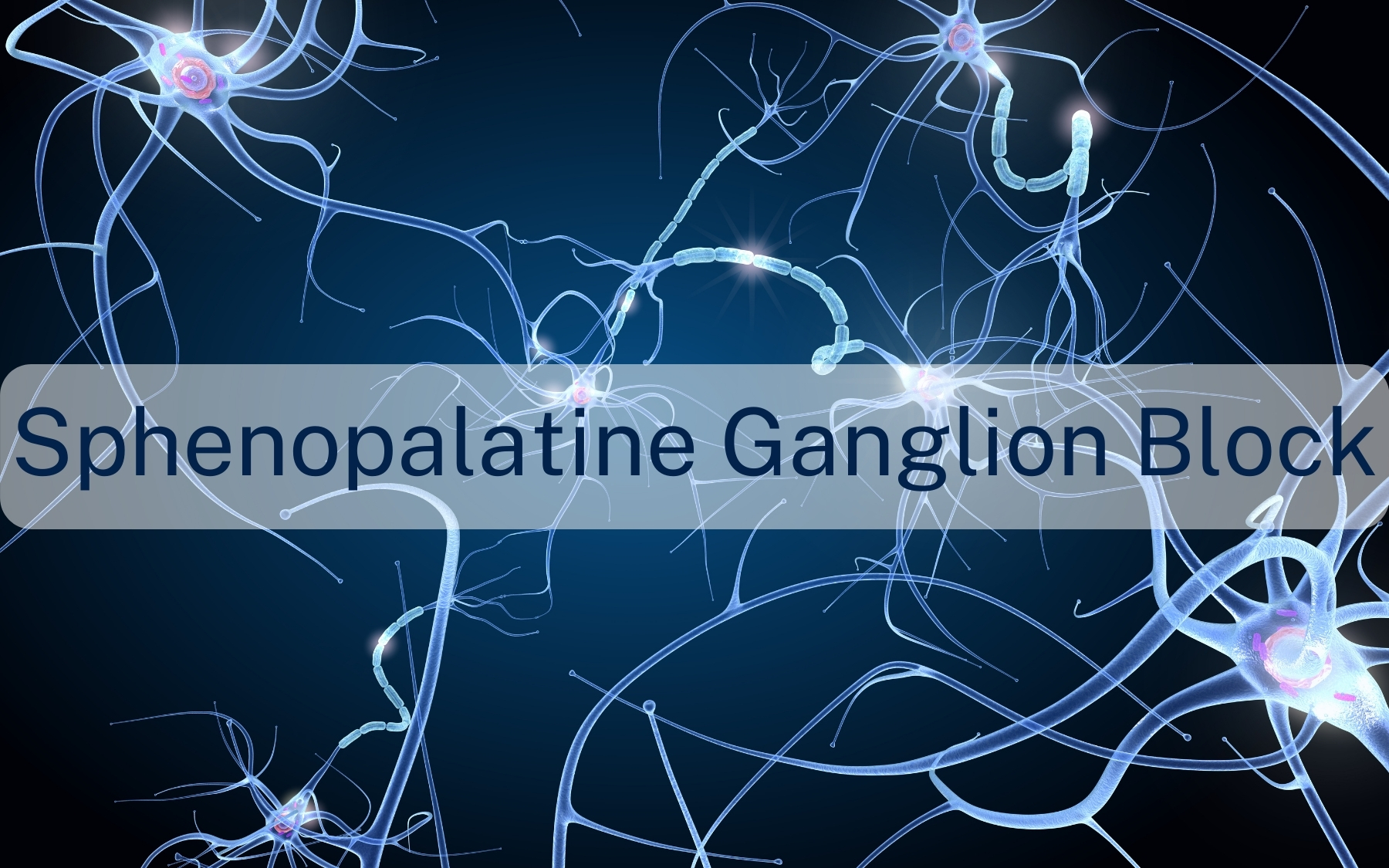
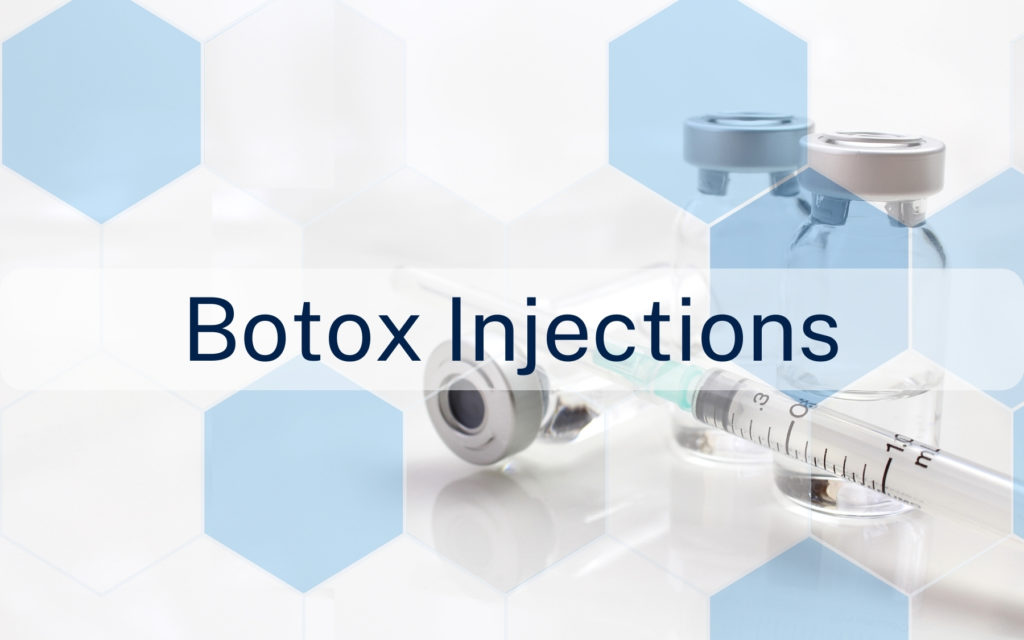
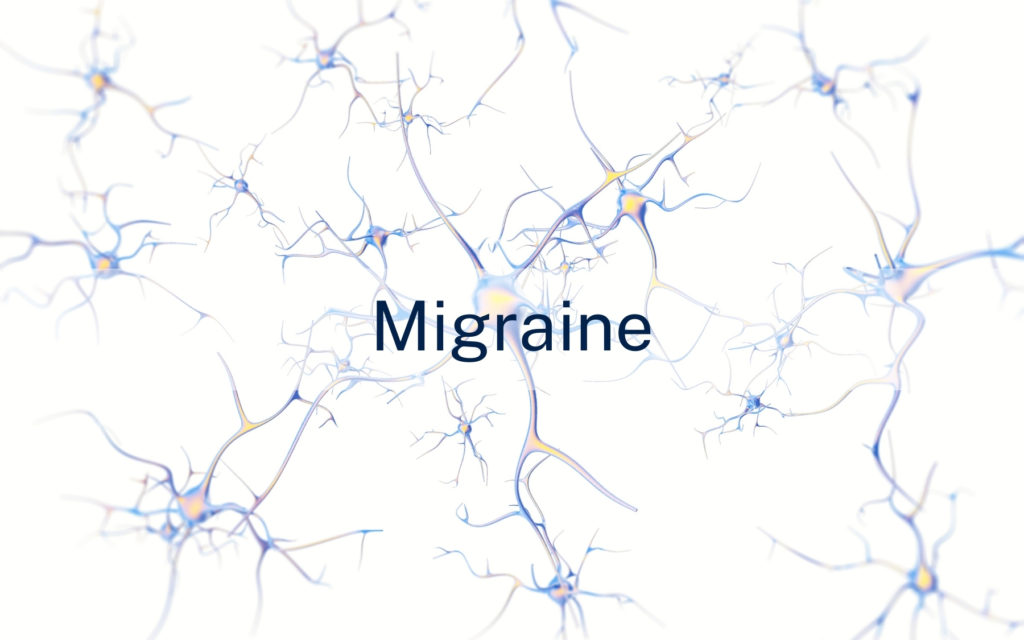

0 Comments